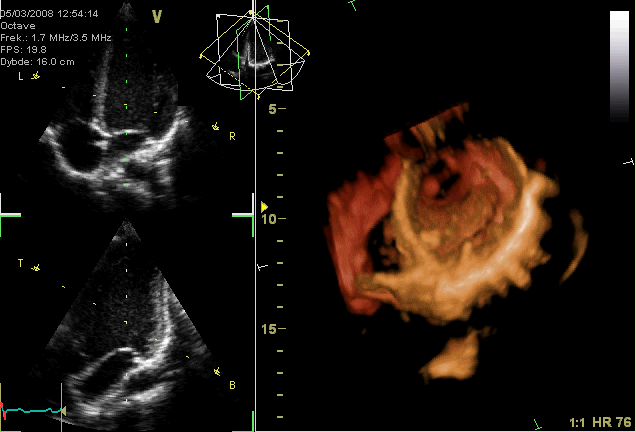Media release
From: Medical Journal of Australia (MJA)ACTIVE SCREENING NEEDED FOR RHEUMATIC HEART DISEASE
THE high burden of rheumatic heart disease among Aboriginal and Torres Strait Islander people requires more active case finding and echocardiographic screening to detect undiagnosed cases, according to the authors research published online today by the Medical Journal of Australia.
The rates of acute rheumatic fever (ARF; 354 per 100 000 people in 2017) and rheumatic heart disease (RHD; 2436 per 100 000 people) for Aboriginal and Torres Strait Islander people in the Northern Territory are among the highest in the world; the RHD rate is much higher than for non-Indigenous Territorians (63 per 100 000 people). Many patients present with late complications of the disease and without a history of acute rheumatic fever.
Researchers from the Northern Territory, led by Dr Joshua Francis, a Senior Research Fellow at the Menzies School of Health Research at Charles Darwin University and a paediatric infectious diseases physician at Royal Darwin Hospital, conducted an echocardiographic screening study with people aged 5–20 years living in Maningrida, West Arnhem Land (population, 2610, including 2366 Indigenous Australians) between March 2018 and November 2018.
“Definite RHD was detected in 32 screened participants (5.2%), including 20 who had not previously been diagnosed with RHD; in five new cases, RHD was classified as severe, and three of the participants involved required cardiac surgery,” the authors found.
“Borderline RHD was diagnosed in 17 participants (2.8%). According to Northern Territory RHD register data at the end of the study period, 88 of 849 people in Maningrida and the surrounding homelands aged 5–20 years (10%) were receiving secondary prophylaxis following diagnoses of definite RHD or definite or probable ARF. The total prevalence of rheumatic fever and rheumatic heart disease among people aged 5–20 years was at least 10%.
“Outcomes for Indigenous people with RHD are frequently poor, including heart failure, cerebrovascular accidents, and premature death; about 10% of those with severe RHD at the time of diagnosis die within 6 years. Ten-year mortality for 79 children (including 74 Indigenous patients) who underwent cardiac surgery for RHD in Melbourne was 14%.”
Francis and colleagues said their findings suggested regular auscultation and passive case finding for ARF and RHD “may be inadequate in some parts of Australia, exposing children and young people with undetected RHD to the risk of poor health outcomes”.
“Our study illustrates the importance of echocardiographic screening for RHD in a remote Australian town where, despite an established territorial RHD register and access to free health care, an unprecedented burden of undiagnosed RHD was detected,” they concluded.
“In Australia, we recommend sharing notifiable disease data and register information at the community level, so that communities with higher burdens of ARF and RHD can receive prioritised support for local responses, which should include support for active case finding of RHD by echocardiographic screening.”


